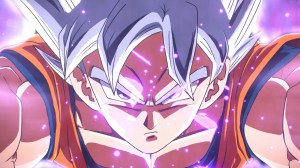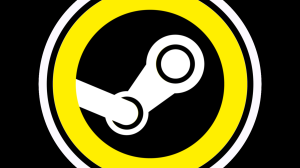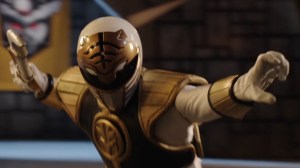It’s not often that the 11th entry in a franchise breaks series records, but Mortal Kombat 11 did just that. Selling over 15 million copies is nothing to scoff at, and it would be easy to assume that its sequel would do similar numbers. And while it’s on track to sell well and has sold more than any other fighting game this generation, Mortal Kombat 1 has not been treated like a game that has moved over 6.2 million units. Instead, this reboot has widely been seen as disappointing and a title that was prematurely sent to the netherrealm because of bad business decisions.
Videos by ComicBook.com
MK1, however, started off strong with its first big gameplay trailer on the Summer Game Fest Live 2023 stage. NetherRealm Studios’ longer-than-usual lead time for this game meant there was a lot of pent-up demand for a new title, especially after the more methodical MK11 had more than worn out its welcome. And this combo-heavy footage that looked to right MK11’s wrongs seemed to be exactly what the franchise needed.
Mortal Kombat 1‘s Poor Launch Haunted It
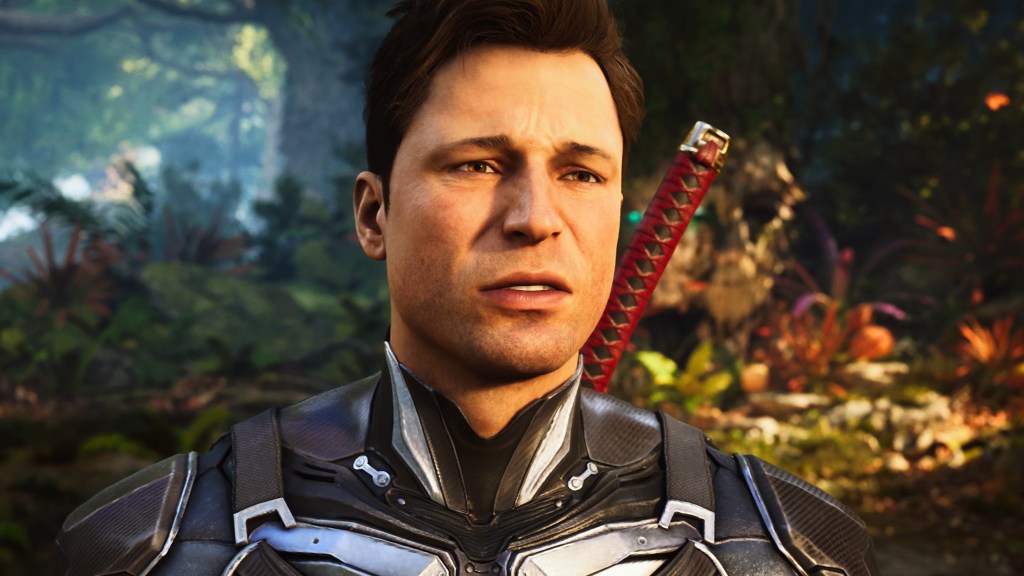
But this hype quickly diminished after launch when it became clear how bare-bones the game was. Not only was it missing genre-standard features like crossplay, online rooms, online practice, and an assortment of practice settings, but it was also lacking when compared to past NetherRealm games. This meant it didn’t have character-specific tutorials, details on how to get certain costumes, a ping filter, multiple custom gear slots, or even something as simple as being able to pin moves to the screen, something almost every previous NetherRealm game had. It had a seasonal store that took seasonal coins, but it was a huge step back from the fully featured Krypt in MK11 that was its own game.
Even with relatively well-received fighting mechanics, MK1 was being defined by what it was missing, but the little that was there was also being heavily scrutinized. Characters had shorter intro dialogue exchanges, fewer outros, and didn’t have special matchup-specific taunts. The launch Kameos were mute and didn’t have many costumes. The solo Invasions mode was a huge step back from the rotating challenge towers since it was a repetitive lineup of one-round fights sullied by constant party game modifiers and an abundance of cheap armored enemies. The single-player campaign — something the team helped pioneer in Mortal Kombat vs. DC Universe in 2008 — started out strong, but was widely criticized for its terrible, multiverse-rich final act that veered completely off the tracks in order to pander to nostalgia.
It just felt off for a genre-leading studio like NetherRealm to fall so far behind the status quo. And when putting all of its launch-era shortcomings together, it seems incredibly likely that MK1 was pushed out well before it was ready and yet another victim of publisher Warner Bros. Games’ heavy hand. For one, NetherRealm has had a lock on April and May release dates ever since Mortal Kombat 9, which, in addition to usually having a light release calendar, leaves plenty of time for players to gear up for the first EVO tournament in August. MK1 came out in September, a month that seems to have been chosen to fill the gap until the oft-delayed Suicide Squad: Kill the Justice League’s launch in January. WB had no big games in the fall outside of old ports, so it seemed like MK1 was chosen for that slot whether or not it was ready.
WB Games Has Had a Rough Decade
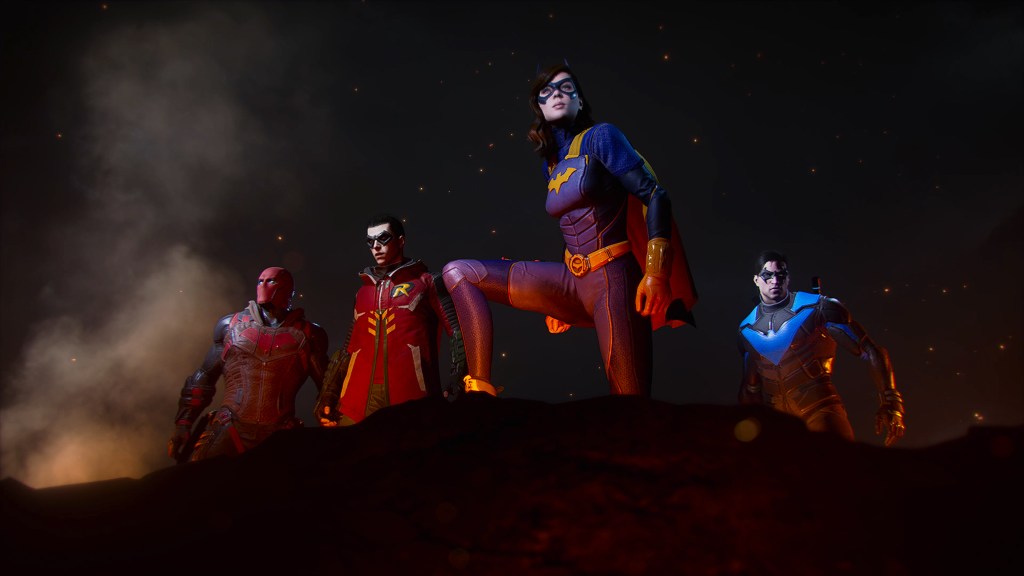
WB Games has had a history of interfering with its games, too. Batman: Arkham Knight had an outrageously (for the time, anyway) priced season pass, mostly filled with skins. Middle-earth: Shadow of War had awful, out-of-place loot boxes and a miserably grindy endgame, two aspects that were patched out after heavy backlash. NetherRealm’s games from Mortal Kombat X on have had increasingly more and more microtransactions, culminating in MK1’s $10 skins and wildly overpriced Fatality DLC (both of which were more or less eventually lowered after criticism). MultiVersus also caught a ton of flak for its inflated shop prices and the unbelievable amount of grinding that it took to unlock content.
MultiVersus’ problems go outside of its monetization, though, and help illustrate broader issues within WB Games. Developer Player First Games was founded to make a fighting game for WB and was incredibly small and had, as reported on by YouTuber Matt McMuscles, a core staff of around seven people at launch. Once the game took off, that same report alleged that WB stepped in to change the monetization, laid off many during the latter stages of development, and only gave the team a small budget to work with because of the recent merger with Discovery. Player First gave WB what it wanted — a fighting game that utilized its many franchises — and gained a considerable amount of buzz in a crowded free-to-play market, but was shut down due to mismanagement.
Gotham Knights and Suicide Squad: Kill the Justice League were similarly products of misguided leadership. Instead of following up on the success of the Arkham series, WB canned WB Montreal’s Suicide Squad and Damian Wayne projects before settling on Gotham Knights. It was meant to be a live service title to appease WB, as reported by Bloomberg, before those elements were stripped out. Regardless, Gotham Knights was a soulless substitution for the Arkham games and the prolonged development cycle and multiple canceled games meant WB Montreal spent a literal decade to ship one game. Rocksteady Studios’ Suicide Squad went through similar turmoil put upon it by WB’s ill-fitting live service mandate, only to also result in a mediocre game after nine years (only six of which were spent on Suicide Squad, though).
Wonder Woman didn’t even get a chance to ship, as it and storied developer Monolith Productions were axed before the game even got a substantial trailer. WB Montreal, Monolith, and Rocksteady all hemorrhaged leadership in the last generation or so, and it’s hard not to look at the constant cancellations and hollow corporate mandates as the likely catalysts. Bloomberg reporter Jason Schreier also spoke about how chasing trends, having a lack of vision, and failing to commit to projects defined WB Games over the last decade, much to the detriment of the studios underneath it. The studios share some of the blame for their failures, but it seems like they were set up to come up short.
Mortal Kombat 1 Was on the Upswing
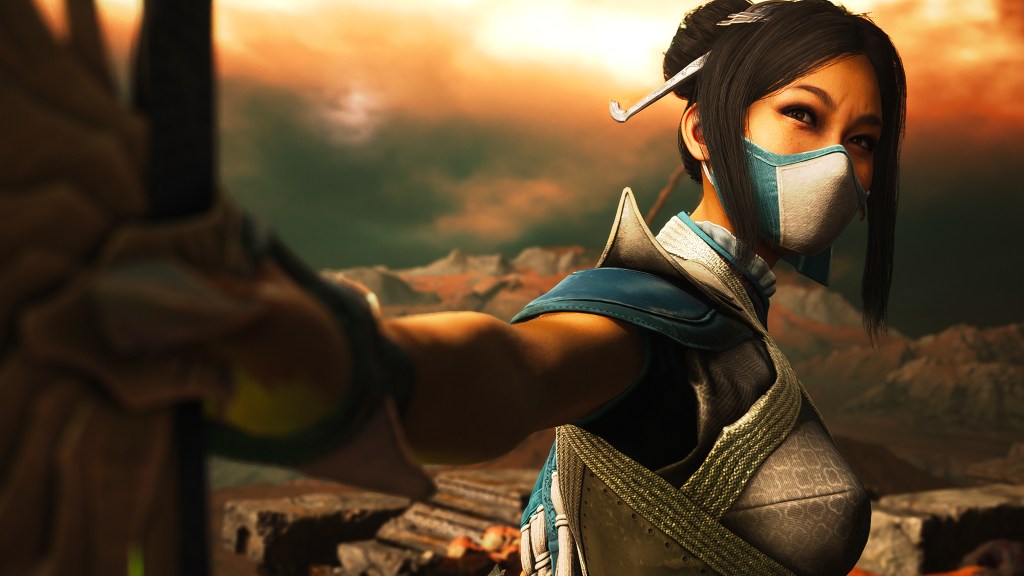
NetherRealm has put in work to make MK1 a better game since its release. It added a decent amount of the aforementioned features it should have launched with. The game’s roster was patched with thoughtful balance changes that made the fighting deeper and even more exciting. Its suite of DLC fighters were almost all flashy and received well (aside from Peacemaker and Homelander being dramatically overtuned). It even started giving away free skins on a regular basis, seemingly as an apology.
MK1’s massive patches meant it was on the upswing before support was cut off, reportedly due to low sales of the overpriced Khaos Reigns expansion. More DLC was seemingly planned, given information datamined out of the game, and series co-creator Ed Boon implied that MK1 would be supported for a very long time. It’s still getting small balance patches — and welcome ones, at that — but that will be the extent of the “support” from here on out, which is not what many inferred from Boon’s comments. WB putting MK1 on life support when it was improving is frustrating, especially as Tekken 8 has plenty of DLC planned in spite of the cataclysmic Season 2 update. Bandai Namco is giving the title time to recover, a luxury WB does not seem to offer any of its studios.
The story behind Mortal Kombat 1’s development has remained locked in the Krypt. But given the numerous reports detailing WB’s poor leadership and constant meddling that has led to bad, impaired, or canceled games, it’s hard to imagine that MK1 didn’t suffer because of WB. MK1 was pushed out early, but that didn’t mean it had to be killed off early, too.
What did you think of Mortal Kombat 1? Let us know in the komments comments below!





